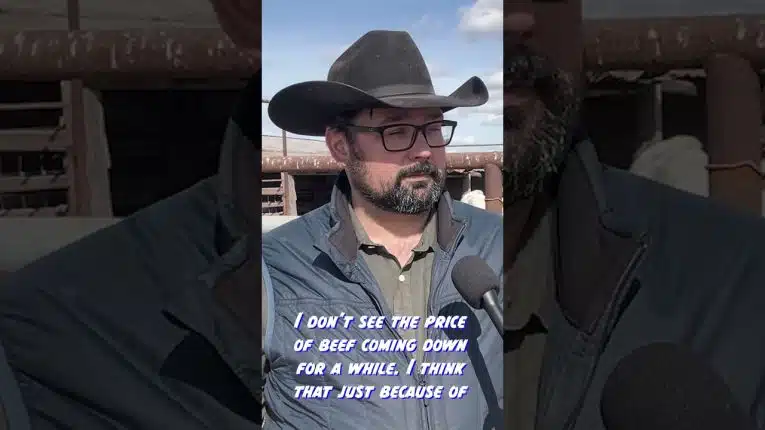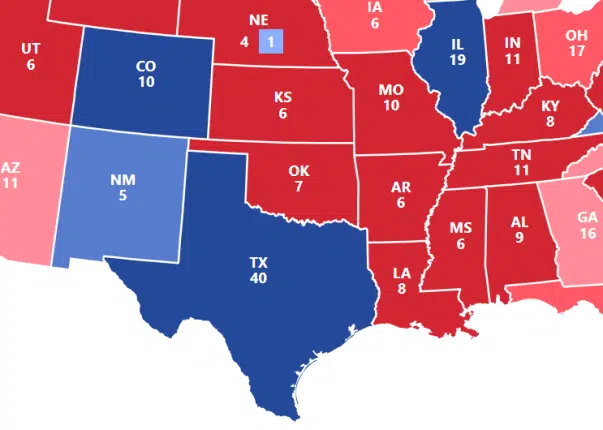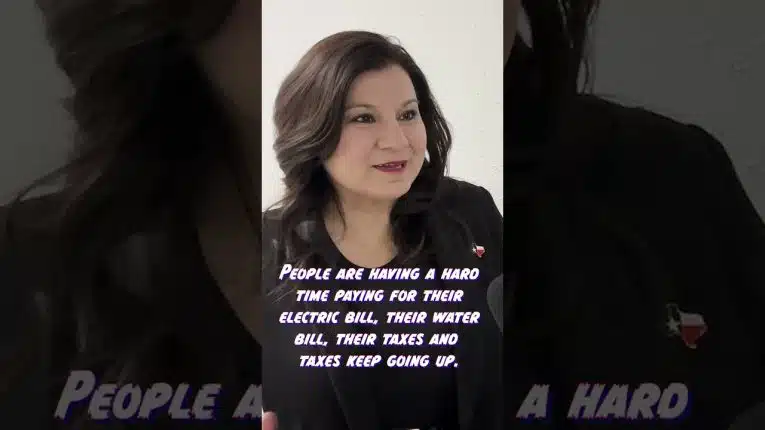By Rebekah Rast — In response to President Obama’s Executive Order “Stewardship of the Ocean, Our Coasts, and the Great Lakes,” which he put into order on July 19, 2010, Environmental Protection Agency (EPA) Administrator Lisa Jackson said:
“Protecting our oceans, coasts and Great Lakes is critical to the health of our communities, vibrancy of our economy and overall security of our nation. The new National Policy provides a clear road map for all federal agencies to work together, with local partners, to protect our vital waters for future generations.” (Emphasis added.)
Clear is not the word to use to describe the president’s new ocean policy. Unless, of course, you are referring to the cliché phrase, “clear as mud.”
The White House claims this Executive Order “strengthens ocean governance and coordination, establishes guiding principles for ocean management, and adopts a flexible framework for effective coastal and marine spatial planning to address conservation, economic activity, user conflict, and sustainable use of the ocean, our coasts and the Great Lakes.”
But the truth is this is nothing more than an absurd power grab by the Obama administration. To control the country’s lakes, oceans and coastlands by issuing strict usage regulations and restrictions will only hurt such livelihoods as farming, fishing and logging. And because the president issued it by Executive Order, there is nothing Congress or anyone else can do about it.
Why did the president need to exercise the use of an Executive Order in this case? In 2007, a similar bill was proposed in Congress, which at that time was controlled by Democrats in both chambers, called OCEANS-21. It would have established a comprehensive National Oceans Policy, very similar to what the president is working on today. The bill never became law. Realizing the opposition he would face today if he asked for similar legislation, he decided an Executive Order was the best way to get his way.
How does this new ocean policy work?
Richard McCarty, researcher for Americans for Limited Government (ALG), explained, “They intend to zone our coasts and oceans even though they admit that ‘95-percent of the ocean … remains poorly known’ and that ‘the majority of the ocean and our coasts is not mapped to modern standards.’
“They talk constantly about creating a federal database to be used by central planners and others that would eventually include non-governmental data,” he goes onto say. “One wonders if ‘data’ from radical environmental groups would be included in the information central planners used to plan.”
Furthermore, nine regional bodies will be created full of federal, state and local government and tribal officials with the task of imposing the ocean policy on the country. It is quite reasonable to think that if you live in state with a main water source then a bureaucrat who knows nothing about the area will have authority over that watershed and its surrounding areas, not even a representative from your own state.
This body of bureaucrats will form the National Ocean Council (NOC). McCarty stated, “The NOC would review and approve regional plans, resolve disputes, develop performance measures and provide national guidance.”
Not surprising, under Obama’s plan, the NOC will consist of many of the same members who are in the current Administration, including the Secretary of State, Administrator of the Environmental Protection Agency (EPA), Secretary of the Interior and Chair of the Council on Environmental Quality (CEQ), to name a few of the possibilities.
This new ocean bureaucracy would work with other appointed governances, which could possibly threaten, diminish or even override the role of states in deciding how their bodies of water are best used. This top-down federal approach has no limits and no clear cut set of rules or restrictions for the way it can and will govern. “So regulations could sharply impact you or your business even if you live hundreds of miles from the coast,” McCarty said.
What’s more alarming is the president’s National Ocean Policy Implementation Plan Draft, clearly states, “the health of ocean, coastal, and Great Lakes ecosystems and their ability to provide such a wealth of products and services is being degraded by urban, rural, and agricultural development; unsustainable land-use practices; and other human activities.”
This means that if you are farmer, fisherman or involved in any industry where you depend on water, your livelihood could be greatly infringed upon. Already the EPA has cracked down on feedlots, storm water, trash and marine debris and sources of sulfur, nitrogen and mercury.
To make matters worse, one of the guiding principles for the ocean policy takes a precautionary approach, meaning merely the threat of environmental damage, even if it lacks scientific data, can be reason enough to halt a new project or current activity. It is easy to imagine radical environmentalists taking this precautionary approach way too far.
The president’s ocean policy allows the federal government to reinterpret laws in whatever ways best suit its purposes. Without justification, this policy calls for sweeping changes, which can affect peoples’ livelihoods.
This Executive Order is nothing less than an almost unprecedented presidential power grab that extends into the backyards of most Americans. The sweeping increase in federal government power over the lives and property of millions of Americans breathed into law through the stroke of Obama’s pen, without congressional approval, are more reminiscent of what one might expect in Hugo Chavez’ Venezuela or Fidel Castro’s Cuba — not in the United States of America.
Rebekah Rast is a contributing editor to Americans for Limited Government (ALG) and NetRightDaily.com. You can follow her on twitter at @RebekahRast.






